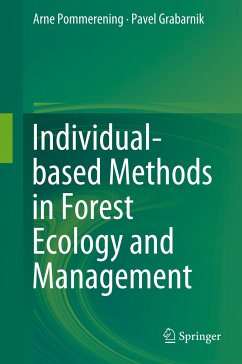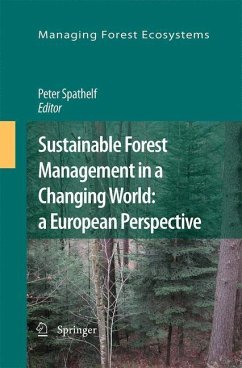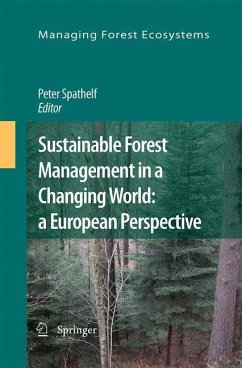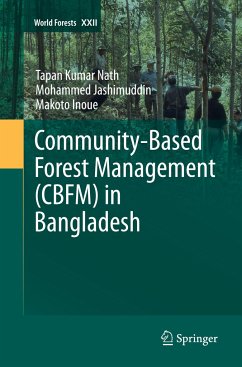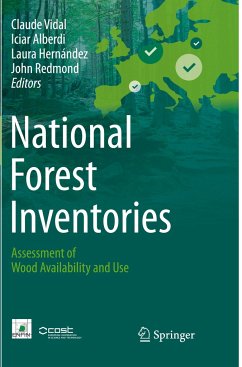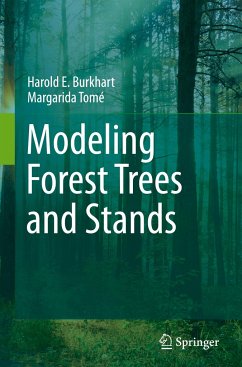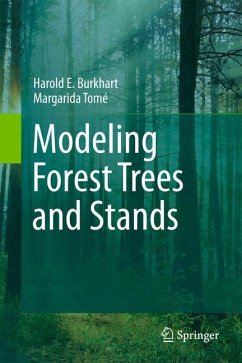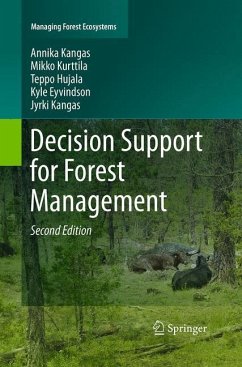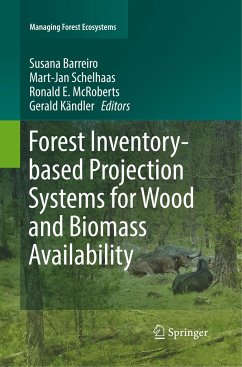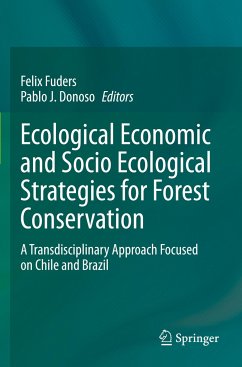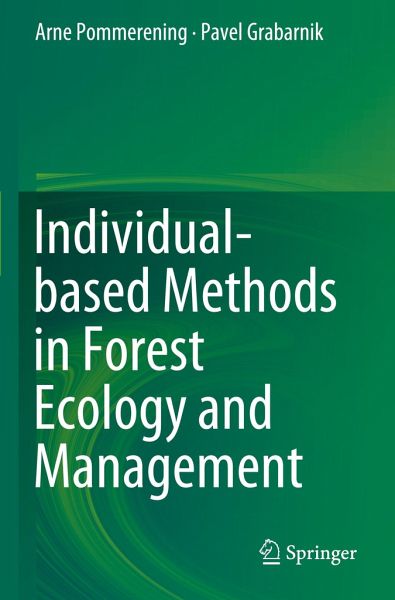
Individual-based Methods in Forest Ecology and Management
Versandkostenfrei!
Versandfertig in 6-10 Tagen
61,99 €
inkl. MwSt.
Weitere Ausgaben:

PAYBACK Punkte
31 °P sammeln!
Model-driven individual-based forest ecology and individual-based methods in forest management are of increasing importance in many parts of the world. For the first time this book integrates three main fields of forest ecology and management, i.e. tree/plant interactions, biometry of plant growth and human behaviour in forests. Individual-based forest ecology and management is an interdisciplinary research field with a focus on how the individual behaviour of plants contributes to the formation of spatial patterns that evolve through time. Key to this research is a strict bottom-up approach w...
Model-driven individual-based forest ecology and individual-based methods in forest management are of increasing importance in many parts of the world. For the first time this book integrates three main fields of forest ecology and management, i.e. tree/plant interactions, biometry of plant growth and human behaviour in forests. Individual-based forest ecology and management is an interdisciplinary research field with a focus on how the individual behaviour of plants contributes to the formation of spatial patterns that evolve through time. Key to this research is a strict bottom-up approach where the shaping and characteristics of plant communities are mostly the result of interactions between plants and between plants and humans. This book unites important methods of individual-based forest ecology and management from point process statistics, individual-based modelling, plant growth science and behavioural statistics. For ease of access, better understanding and transparency the methods are accompanied by R code and worked examples.





